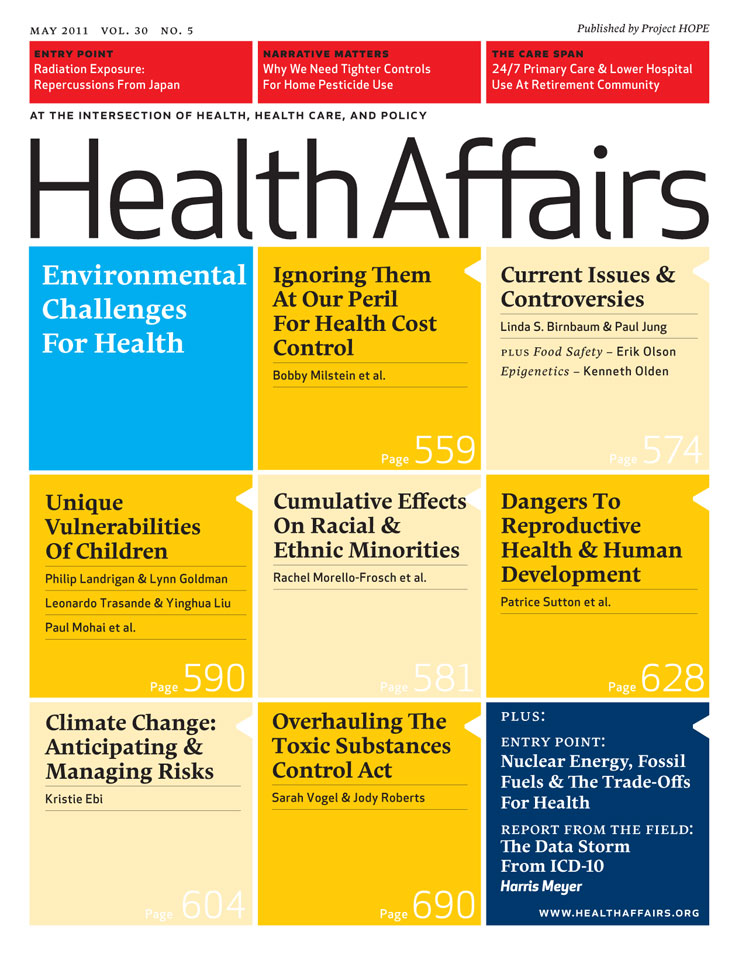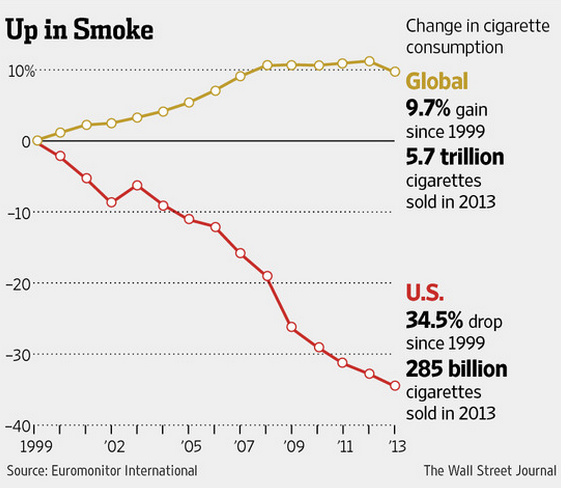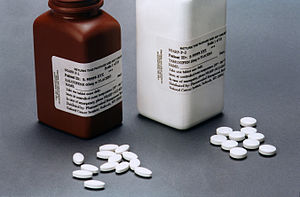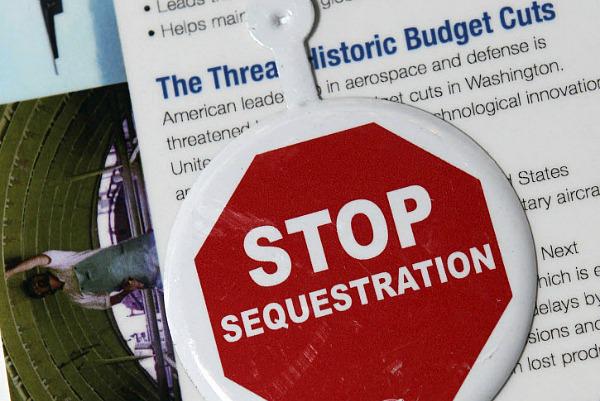 In a recent Health Affairs article, David Asch and I wrote about how hard it can be to stop screening aggressively for things like breast and prostate cancer even when the evidence suggests we are doing more harm than good. Well, journalist Steven Petrow has a nice piece in the Washington Post looking at the good old testicular exam. Lots of nice insights, so I thought I’d share it:
In a recent Health Affairs article, David Asch and I wrote about how hard it can be to stop screening aggressively for things like breast and prostate cancer even when the evidence suggests we are doing more harm than good. Well, journalist Steven Petrow has a nice piece in the Washington Post looking at the good old testicular exam. Lots of nice insights, so I thought I’d share it:
Late last year, “Today” show anchors Willie Geist and Carson Daly took one for the men’s team when they underwent testicular cancer exams on live TV. Lots of predictable joking ensued, especially from co-anchor Savannah Guthrie, who ad-libbed: “When I heard what you guys were doing, I thought it was nuts!” The “attending” urologist, David Samadi of Lenox Hill Hospital in New York, also took to wordplay, asking: “Who’s going to play ball first?” Geist stepped up.
Within minutes both anchors received clean bills of health along with Samadi’s congratulations for getting the exams. Samadi also encouraged the rest of maledom to perform testicular self-exams monthly in the interest of early detection, which he said can save lives — but do they?
Nearly 9,000 cases of testicular cancer in the United States are diagnosed every year — especially among men ages 15 to 34, where it’s the most common cancer — so the “Today” segment seemed like a useful public service announcement.But unfortunately there’s no evidence that self-exams detect testicular cancer at an earlier stage, according to Durado Brooks, director of colon and prostate cancer prevention programs for the American Cancer Society. Even if these exams did, says Kenny Lin, an assistant professor of family medicine at Georgetown University Medical Center, early detection has little, if any, bearing on outcomes for those who are diagnosed. Lin calls the “Today” segment “a stunt cloaked as a health message,” and he points out that even the august U.S. Preventive Services Task Force recommends against testicular cancer screening — a change from the past.
Other routine screening tests have also earned a thumbs down from the medical establishment in recent years, as more clinical evidence has been gathered showing them to be less beneficial than once thought. Among the tests no longer universally recommended: PSA screening for prostate cancer, breast cancer self-exams for women and mammograms for women younger than 50, and Pap smears for cervical cancer for women younger than 21. Not only do these exams have nearly no effect on outcomes, the task force said, they can sometimes do more harm than good.
Regarding testicular screening in particular, it “is unlikely to offer meaningful health benefits, given the very low incidence and high cure rate of even advanced testicular cancer” while “potential harms include false-positive results, anxiety and harms from diagnostic tests or procedures,” according to the task force.
So why do some doctors continue to recommend these screenings — and why do some patients still want them? (To read the rest of this article, please visit The Washington Post.)



 In the wake of the horrific floods that struck Colorado recently, many people have debated whether global warming is to blame. The same goes for wildfires that hit that state this summer and for the massive tornado that struck in Oklahoma this spring. In the wake of that tornado, for instance, Senator Sheldon Whitehouse from Rhode Island claimed that Republican opposition to climate change legislation was at fault, for trying to “protect the market share of
In the wake of the horrific floods that struck Colorado recently, many people have debated whether global warming is to blame. The same goes for wildfires that hit that state this summer and for the massive tornado that struck in Oklahoma this spring. In the wake of that tornado, for instance, Senator Sheldon Whitehouse from Rhode Island claimed that Republican opposition to climate change legislation was at fault, for trying to “protect the market share of  Joanne Reed’s breast cancer was discovered at an early stage, early enough that her doctors would be able to remove the tumor with surgery (either a mastectomy or a lumpectomy) and then, with a touch of chemo, she would face a decent chance of living out her life without a recurrence.
Joanne Reed’s breast cancer was discovered at an early stage, early enough that her doctors would be able to remove the tumor with surgery (either a mastectomy or a lumpectomy) and then, with a touch of chemo, she would face a decent chance of living out her life without a recurrence. On May 8th, the makers of the oncotype DX Prostate Cancer Test
On May 8th, the makers of the oncotype DX Prostate Cancer Test  On April 14, The United States Preventive Services Taskforce concluded that women with an elevated risk of breast cancer – who have never been diagnosed with breast cancer but whose family history and other medical factors increase their odds of developing the disease–should consider taking one of two pills that cut that risk in half. The Taskforce is an independent panel of medical experts who review the medical literature to estimate the pros and cons of preventive interventions. This is the same Taskforce that in recent years raised questions about the benefits of mammograms in 40 to 50-year-old women, and PSA tests for men of all ages, tests that screen respectively for breast and prostate cancer. Despite the popularity of both of these tests, the Taskforce concluded that their harms often outweigh their benefits.
On April 14, The United States Preventive Services Taskforce concluded that women with an elevated risk of breast cancer – who have never been diagnosed with breast cancer but whose family history and other medical factors increase their odds of developing the disease–should consider taking one of two pills that cut that risk in half. The Taskforce is an independent panel of medical experts who review the medical literature to estimate the pros and cons of preventive interventions. This is the same Taskforce that in recent years raised questions about the benefits of mammograms in 40 to 50-year-old women, and PSA tests for men of all ages, tests that screen respectively for breast and prostate cancer. Despite the popularity of both of these tests, the Taskforce concluded that their harms often outweigh their benefits. In a recent
In a recent  Recently I received an email from someone I have never met, who asked me the following:
Recently I received an email from someone I have never met, who asked me the following: Lance Armstrong cheated and bullied. These are not shocking revelations. Oscar Pistorius had a history of altercations with his girlfriend and is now accused of murder. More shocking, by far, but hardly the first athlete to be accused of such wrong doing.
Lance Armstrong cheated and bullied. These are not shocking revelations. Oscar Pistorius had a history of altercations with his girlfriend and is now accused of murder. More shocking, by far, but hardly the first athlete to be accused of such wrong doing.